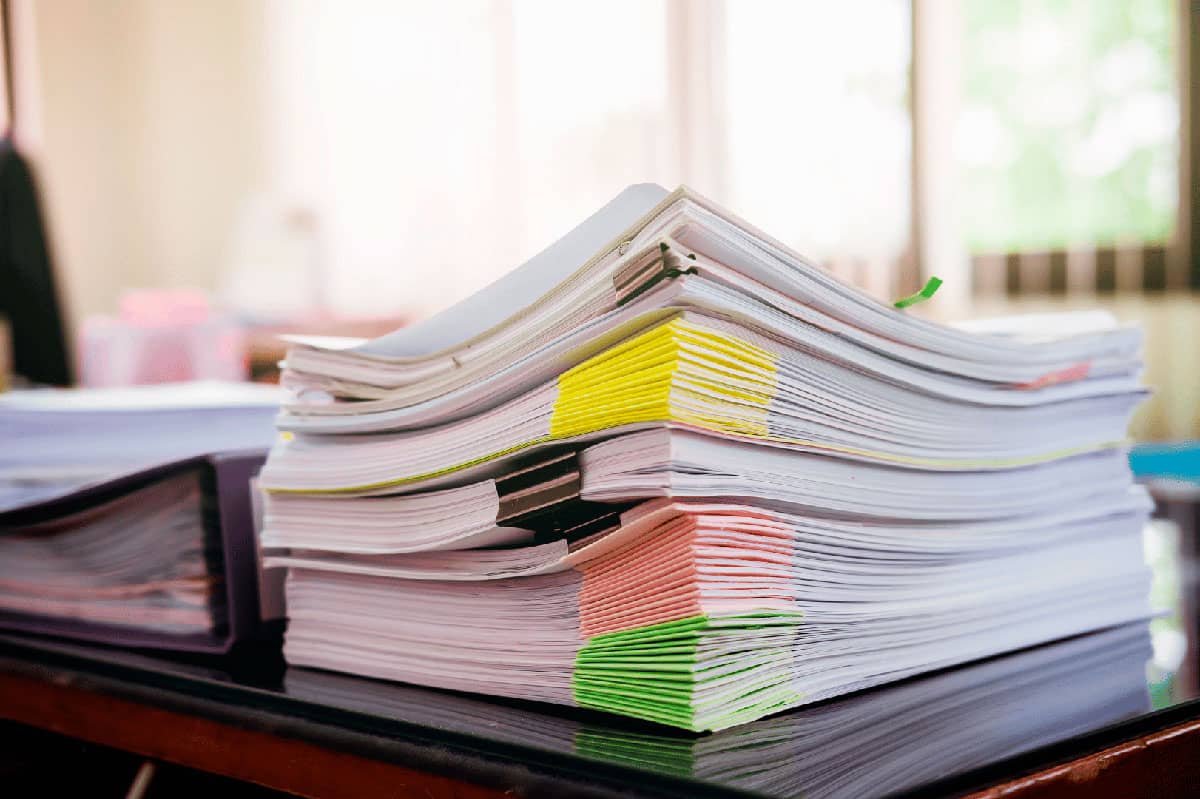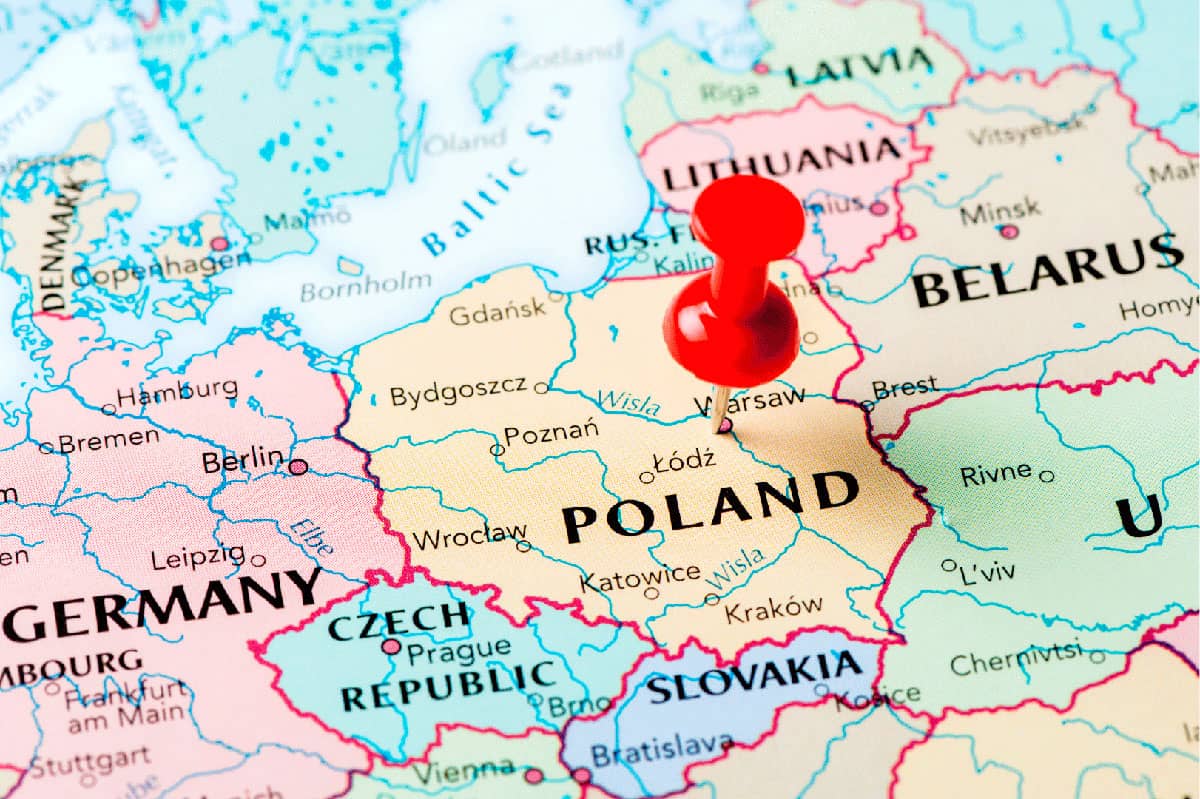
Nostrification in Poland
AcademGo provides comprehensive assistance to students in completing the recognition (nostrification) process in Poland. We support the entire procedure from start to finish: from the initial consultation and document preparation to submitting the application to Kuratorium Oświaty or NAWA, and finally to receiving the official decision. We help determine whether nostrification is required, prepare sworn translations, handle submission to the appropriate authority, and offer support even for remote processing from abroad.
What is nostrification in Poland and when is it required?
Nostrification is the official process of recognizing foreign educational documents in Poland. It equates your certificate or diploma to a Polish equivalent, confirming that the level of education meets Polish standards.
The nostrification process is necessary if you:
✔️ plan to continue your studies at a Polish university (in specific cases);
✔️ intend to work in a regulated profession that requires recognized education (e.g. doctor, lawyer, teacher);
✔️ are applying for residence, citizenship, or other legal procedures in Poland that require educational proof.
Important: There are two types of nostrification in Poland:
- Secondary education certificates – handled by the regional Board of Education (Kuratorium Oświaty);
- University diplomas – processed by the Polish National Agency for Academic Exchange (NAWA) or directly by universities.
Who does not need nostrification?
Not all foreign applicants are required to undergo nostrification. According to Polish legislation, certain documents are automatically recognized ("by virtue of law" / bez konieczności nostryfikacji) if they were issued in:
✔️ countries of the European Union, European Economic Area (EEA), or OECD (including the USA, Canada, Japan, the United Kingdom, Ukraine, Israel, and others);
✔️ holders of an IB (International Baccalaureate Diploma) – issued under the international education program managed by the International Baccalaureate Organization (IBO), headquartered in Geneva, Switzerland;
✔️ holders of an EB (European Baccalaureate Diploma) – awarded by European Schools under the relevant international convention.
If you completed school or university in one of these countries, and your certificate grants you the right to enter higher education in the country of issue — nostrification is not required.
The full list of countries is available on the official websites of MEN and NAWA.

When is nostrification mandatory
You are required to undergo nostrification if:
✔️ you graduated from a school in a country outside the EU/OECD/EEA (e.g. Belarus, Kazakhstan, Turkmenistan);
✔️ your certificate was issued by a private school not recognized at the national level;
✔️ your diploma or certificate does not grant university admission in the country where it was issued;
✔️ you cannot provide official documentation of your education (exceptions apply for refugees – see below);
✔️ you are applying for professional registration in Poland, e.g. as a teacher or medical professional.
Nostrification of a Secondary School Certificate in Poland
To recognize a foreign secondary school certificate, you must apply to the Kuratorium Oświaty (regional Board of Education). The process is as follows:
Prepare the required documents:
✔️ Original certificate and a copy
✔️ Transcript with grades
✔️ Certified Polish translation by a sworn translator
✔️ Copy of your passport
✔️ Application for recognition
✔️ Proof that the certificate grants the right to enter a university in the country where it was issued (this can be a letter from the Ministry or the school)
Submit your documents: Documents must be submitted to the Kuratorium Oświaty in the region where you live or study. In some cases, submission through the university is possible.
Administrative review: The Kuratorium verifies the authenticity of the documents and may request additional information. The process takes up to 30 days, sometimes longer.
Decision and recognition: Once the review is complete, you will receive an official decision recognizing your certificate. This allows you to apply to universities, work, and obtain legal status in Poland.
Recognition of Higher Education (University Diplomas) in Poland
If you hold a university degree and want to continue your education in a master’s or doctoral program, or work in your profession in Poland, your diploma must undergo academic recognition (uznanie wykształcenia wyższego).
There are two ways to recognize your diploma:
- Through NAWA – if you are not planning to study further, but want to validate your diploma for work or immigration purposes.
- Through a university – if you are applying for further studies, the Polish university can recognize your diploma internally as part of the admission process (an informal academic procedure).
You can find the application form and detailed instructions on the NAWA website: nawa.gov.pl.
The process typically includes:
✔️ Submitting your diploma and transcript
✔️ Translating documents into Polish (by a sworn translator)
✔️ Paying a fee (approx. 85 PLN)
✔️ Possibility of an interview or academic content evaluation
Important: If you are applying for a master’s program in Poland, nostrification is not required. You only need:
✔️ a bachelor’s degree,
✔️ an apostille (or legalization, if your country is not part of the Hague Convention),
✔️ and a sworn Polish translation of the diploma.
The university will assess the documents and make an admission decision without formal recognition through NAWA.
Recognition of a university diploma is also required for employment in regulated professions, such as:
- medicine, pharmacy
- law
- engineering and architecture
- teaching in schools or universities
Is nostrification required to apply to a Polish university?
In most cases — no, especially if you:
✔️ are applying to a private university,
✔️ have a certificate issued in an EU or OECD country,
✔️ are taking a language preparatory course ("Zerówka") or submitting documents through an agency (e.g., AcademGo).
However, public universities may require certificate recognition during the admission process, especially if:
- your country is not part of the EU or OECD,
- your documents were issued by a private institution not recognized nationally,
- you are applying for medical or technical programs.
It is highly recommended to check admission requirements directly with the university in advance.
Frequently Asked Questions




